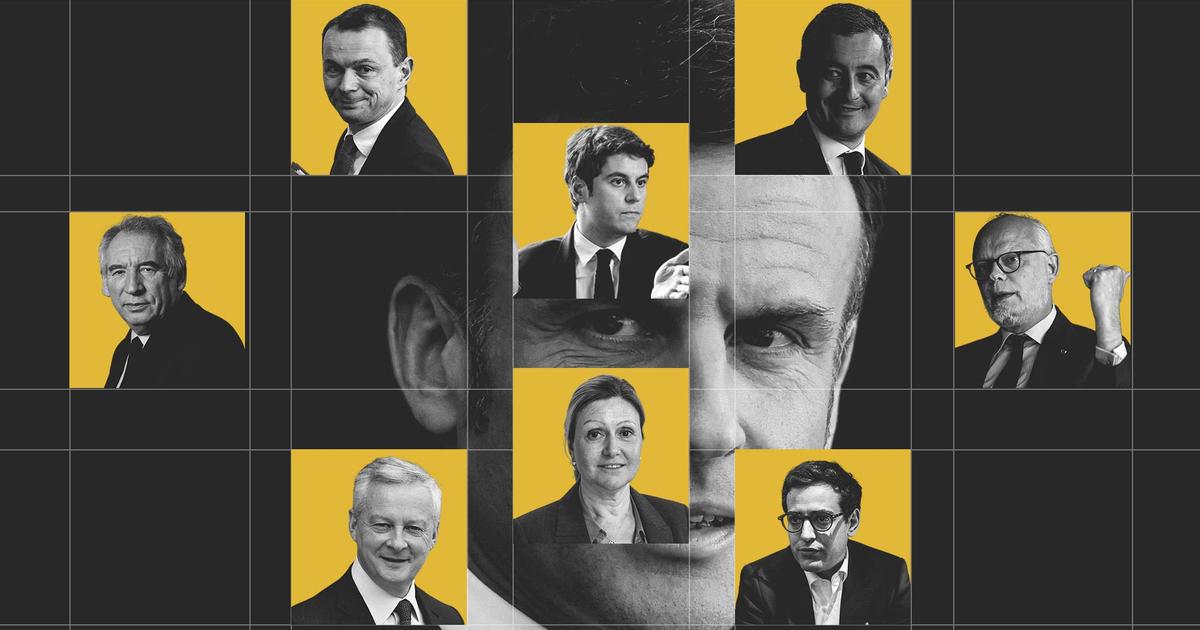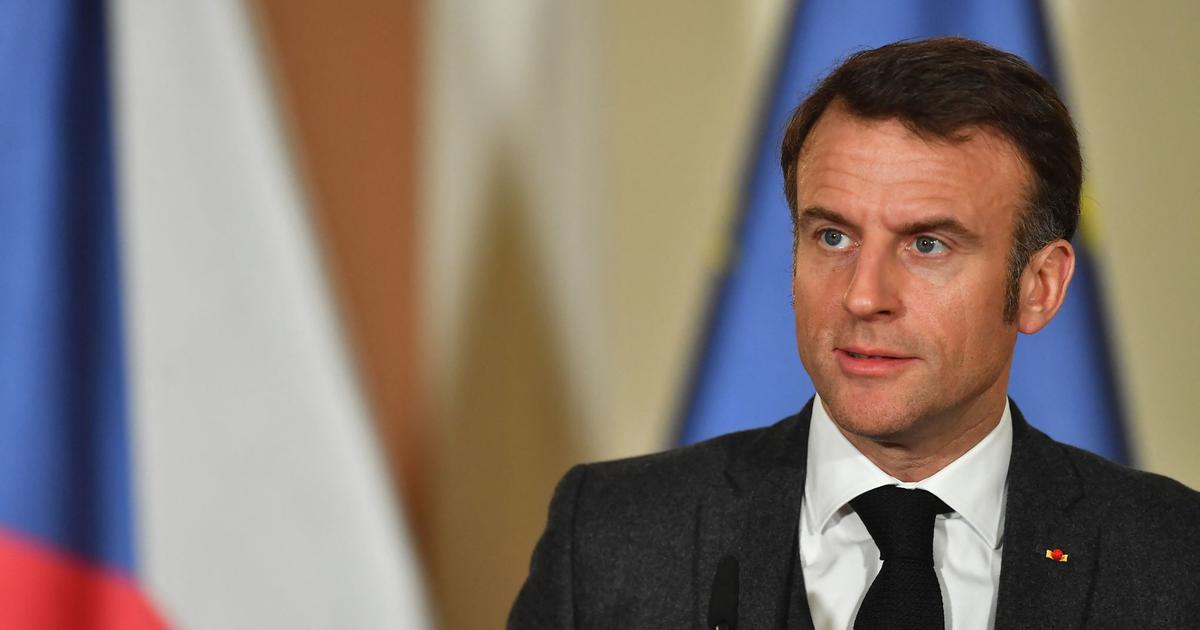The president of France, Emmanuel Macron, and his wife, yesterday at the grave of Napoleon Bonaparte.SARAH MEYSSONNIER / AFP
French President Emmanuel Macron believes that countries must look history in the face, face their miseries. And think how little sense it makes to sweep them under the rug, like overthrowing statues or condemning past crimes by current standards. "Napoleon Bonaparte is part of us," he said on Wednesday, commemorating the bicentennial of the death of one of the three capital historical figures of France in recent centuries, along with Louis XIV and General De Gaulle. "From the empire we renounce the worst," he summed up, "and from the emperor we have embellished the best."
The exercise was not easy.
Macron's speech at the Institut de France - the academy of academies, to which Napoleon belonged - and the subsequent solemn act in which he laid a wreath of flowers on the tomb at Les Invalides, were a first.
Since President Georges Pompidou commemorated Napoleon in 1969 in Ajaccio, his hometown on the island of Corsica, "nothing like this has been seen,"
historian Arthur Chevallier, a specialist in Bonapartism
, told
L'Opinion
.
More information
France commemorates, but does not celebrate, the bicentennial of Napoleon's death
Tales of the Napoleonic occupation
The memory of Napoleon is an obsession of France since he died at the age of 51 in captivity of the British on the island of Saint Helena. There are multiple
napoleons
. The general who consolidated the Republic after the Revolution and the one who proclaimed himself emperor. The founder of the modern French rule of law and the clan chief who ruled like a tyrant and left a trail of blood and fire in Europe. The man of the Enlightenment and the one who reinstated slavery in the French colonies after the Revolution had abolished it.
In the 18-minute speech, Macron urged "not to give in to the temptation of an anachronistic process that would consist of judging the past with the laws of the present."
But he did not dodge crimes and mistakes.
The reestablishment of slavery, he said, was "a fault, a betrayal of the spirit of the Enlightenment."
"In his conquests, he never really cared about human losses," he continued.
And he recalled: "Goya immortalized the cruel massacre of Spanish civilians in May 1808. Since then we have placed the value of human life above all else, both in wars and in the face of pandemics."
GALLERY |
Napoleon, icon of art
Those were other times, as the President of the Republic implied, before recalling the most presentable legacy: the internal pacification of France after ten years of revolutionary and counterrevolutionary turbulence, the Civil Code, and some institutions and an administrative organization that partly they are still standing.
Macron referred to another aspect of Napoleon with which he - a young reformist leader, a reader of nineteenth-century novels and who is sometimes compared to a romantic character - likes to identify.
"To those who judge that the destinations are plotted, the stocks written in advance, the journey of the boy from Ajaccio turned master of Europe clearly demonstrates that one man can change the course of history," he said.
"We like Napoleon because his life has the flavor of the possible, because it is an invitation to take risks, to trust the imagination, to be fully oneself."
We like Napoleon because his life has the flavor of the possible, because it is an invitation to take risks, to trust the imagination, to be fully oneself
Emmanuel Macron
Napoleon, as Macron portrayed him, is a kind of Dr. Jekyll and Mr. Hyde, “eagle and ogre”, “Alexander and Nero”, “incarnation of both freedom and police repression”, “soul of the world as he described it Hegel and the devil of Europe ”.
How to make the synthesis? "We, the French, are a historical society, a country of long time that advances without erasing, without denying or denying, but reinterpreting without ceasing, recognizing, understanding: a nation-palimpsest", explained the president, who at the age of twenty was assistant to the philosopher of history Paul Ricoeur and sees in memory and in history - be it the trauma of the Algerian war or the French role in the Rwandan genocide - a central aspect in his public action. "[Napoleon] said: 'From Clovis to the Committee of Public Salvation, I assume everything.' And we continue to assume everything ”.

/cloudfront-eu-central-1.images.arcpublishing.com/prisa/HXU37DG4Z5FG2DH4AFTL63ZPNA.jpg)



/cloudfront-eu-central-1.images.arcpublishing.com/prisa/YFOE7FF5EFC7NP5O2DLUMEU6EI.jpg)



